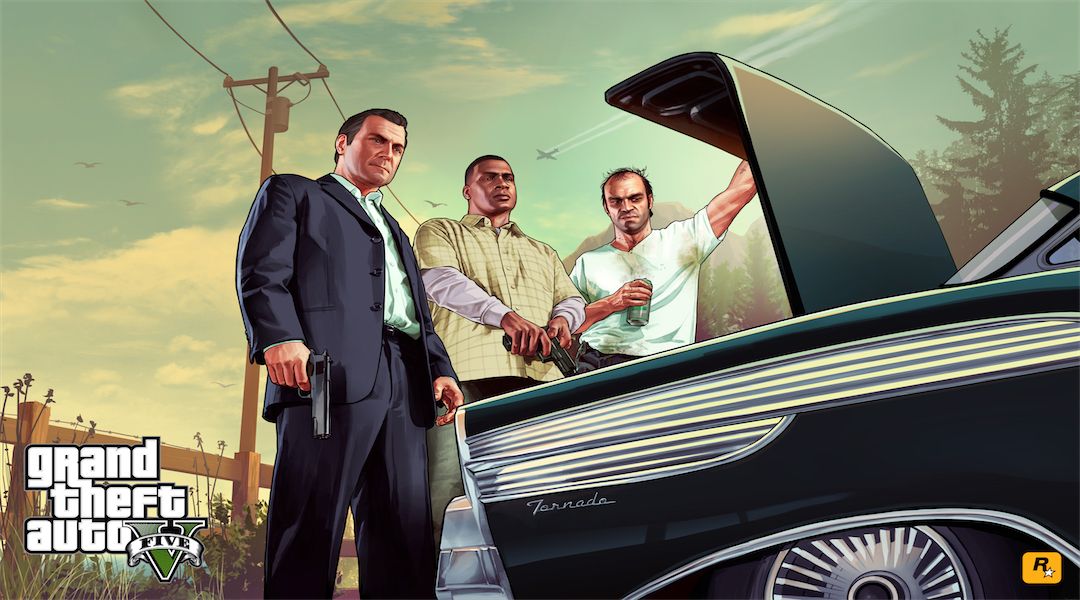Last week, a mass shooting claimed 17 lives at the Stoneman Douglas High School in Parkland, Florida. In its wake, discussions on mental health and gun control have risen, but it also seems violence in video games has found its way into this discussion. To that effect, Robert (Bobby) Nardolillo (R) of the Rhode Island House of Representatives has proposed a tax increase on violent video games.
Nardolillo is not the first Republican politician to place the blame for mass shootings on video games. Previously, Kentucky Governor Matt Bevin (R) suggested that violent video games are partly responsible for mass shootings, can desensitize players, and are “forced down our throats under the guise of protected speech.” It is worth noting, however, that several studies have revealed there is no correlation between video games and violent behavior, as recent as January 16, 2018.
The increase proposed by Nardolillo would add an additional 10% tax to any video game with an ESRB rating of Mature or Higher, such as Grand Theft Auto or Call of Duty: WWII. The revenue generated by this tax would fund “counseling, mental health programs and other conflict resolution activities” in schools. The constitutionality of such regulation would be questionable, as the Supreme Court ruled that California could not “ban the sales of video games to anyone under 18, effectively giving games the same protected free speech status as movies and music.” Even then, retailers do not usually sell M-rated games to anyone younger than 17 without a parent present.
In his proposal, Nardolillo also stated, “there is evidence that children exposed to violent video games at a young age tend to act more aggressively than those who are not.” While he did not seem to cite said evidence and most studies disagree, the World Health Organization’s ICD-11 recognizes that excessive gaming is a mental health disorder, but most gamers would not be diagnosed with this disorder. It is also noteworthy that, according to USA Today, only 20% of school shooters play video games.
While gun violence remains an issue, these discussions on video game violence will most likely stay prominent. Recent events like the swatting incident that resulted in the death of a Kansas man or Rooster Teeth alum surviving an armed break-in do not help these discussions. Meanwhile, gamers will have to wait and see if Nardolillo’s proposal passes the legislature, as its effect could be far-reaching.
Source: International Business Times

